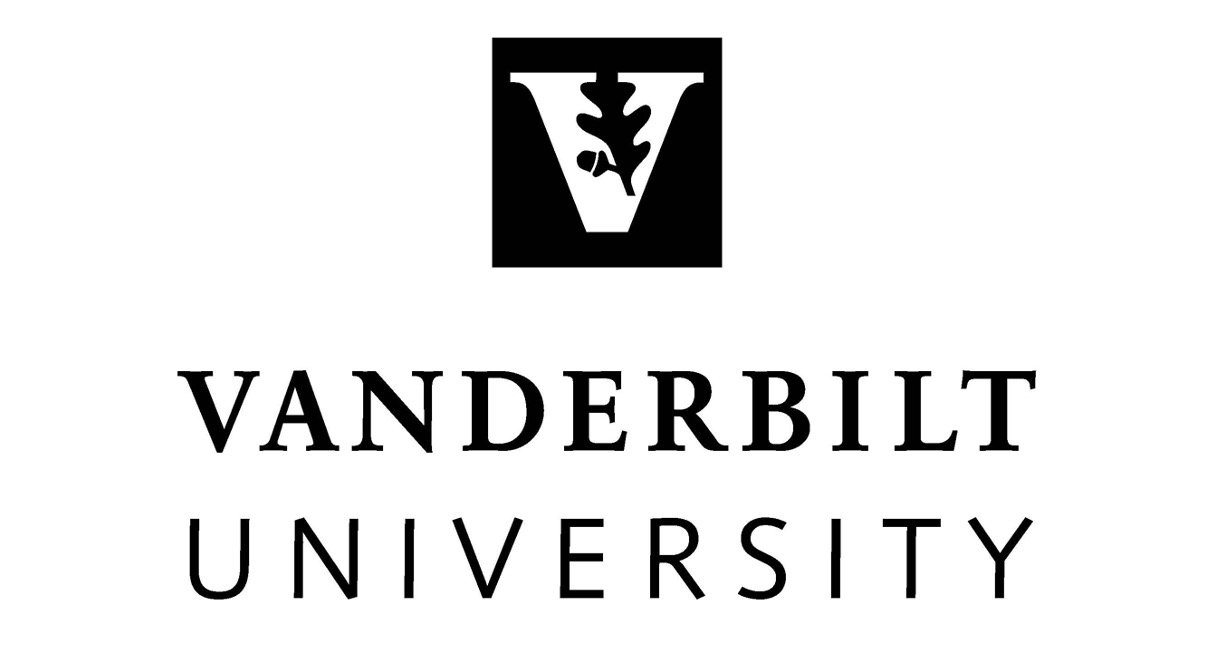About PhD Program,
Our graduate program, currently ranked 12th among U.S. graduate programs and 5th among Public U.S. graduate programs in Political Science, is small and very selective; each year’s entering cohort is approximately 12 students. We admit students for the Doctor of Philosophy in Political Science; we welcome applicants with a bachelor’s degree, as well as applicants who already hold master’s or professional degrees.
The focus of our graduate program is to train students for professional careers in political science, usually in academic institutions but also (and increasingly) in government agencies and non-governmental organizations. Our program emphasizes the acquisition of substantive knowledge, methodological skills and communication tools that will allow the student to conduct cutting-edge research and to teach effectively.
We aim to train political scientists for competence in the discipline as a whole, as well as with expertise in specific subfields and topics. To this end, we offer our students small graduate classes on a wide array of substantive and methodological topics. Our graduate students also receive a great deal of individual attention from faculty members, with many opportunities for collaboration and co-authorship. Our students also gain substantial experience in teaching, both through teaching assistantships and via the opportunity to teach one’s own course. This experience, coupled with the research training we offer, is essential for success in careers in university-level teaching and scholarly research. Ph.D. candidates who elect to work in nonacademic settings, including think tanks and government agencies, also find that our program’s combination of substantive training and methodological competency is invaluable.
We have 38 faculty members, including 11 who hold endowed or distinguished professorships. This allows us to study a wide range of substantive issues, using varying methods, and to offer a broad set of graduate courses. In American politics, we bring together research in behavior (public opinion, political psychology, elections) with the study of political institutions (courts, Congress, state politics and interest groups). Our comparative politics faculty are especially strong in Latin America, Europe, and the post-Communist regions; many faculty also work on thematic issues that span geographic regions. Our international relations faculty examine civil and interstate conflict, international political economy and the connections between conflict and economics. Within political theory, our strengths relate to contemporary normative theory. We offer thorough training in political methodology (statistics, formal theory and causal inference).
Our admissions committee aims to select students for admission who will thrive at UNC. To that end, we consider not only each applicant’s academic credentials (GRE scores, GPA, academic transcripts, letters of recommendation), but also his or her research interests, writing skills, and past research experience. We seek students who are not only highly motivated, but also whose interests overlap with those of our faculty. We give careful attention to each applicant, with an aim of making holistic assessments.
PhD Program Degree Eligibility with GPA,
- Abachelor’s degree (based on a four-year curriculum) completed before graduate study begins or its international equivalent with an accredited institution
- an average grade of B (cumulative GPA 3.0) or better
- Along with these minimal requirements, admission decisions are based on a number of factors, including academic degrees and record, written statement of purpose, letters of recommendation, test scores, and relevant work and research experience. All admission recommendations are made by each individual program or department.
PhD Funding Coverage,
Most of the financial support available to graduate students is based within individual programs. In addition, a limited amount of financial support is available from The Graduate School and is based upon nominations from individual programs. In order to allow sufficient time for your program to nominate you for Graduate School fellowships, we recommend that your application be submitted by December 10, 2024.
If your program continues to accept applications after December 10, 2024, you are still eligible for their program-based support. Contact your intended program for complete information about available graduate student financial support and relevant deadlines.
The University awards loans and Tuition Enhancement Grants to graduate students who qualify, based on information provided in the FAFSA (Free Application for Federal Student Aid) form due March 1. For more information, please visit the Office of Scholarships and Student Aid.
Application Requirement,
- Graduate School online application »
- Application fee(non-refundable $95.00)
- Transcripts(complete, not selected courses)
- One unofficialtranscript from each university attended must be uploaded within the application. All unofficial transcripts must be uploaded to your application in order for your application to be reviewed. Please do not mail transcripts as part of your admission application; we only accept unofficial uploads for application evaluation. If you are offered admission, one official transcript for each university attended will be required prior to registration.
- Current letters of recommendation
- The email addresses of three recommenders are required within the application for electronic submission.
- Standardized test scores
- Please see specific program listingsfor test score requirement information.
- Statement of purpose
- Resume/CV
- Community Standards Questions
- Supplemental program information(any additional information or materials required by the program; must be uploaded within the application unless specified otherwise by your academic program.)
Application Deadline,
Dec 10, 2024
Application Fee,
non-refundable $95.00


